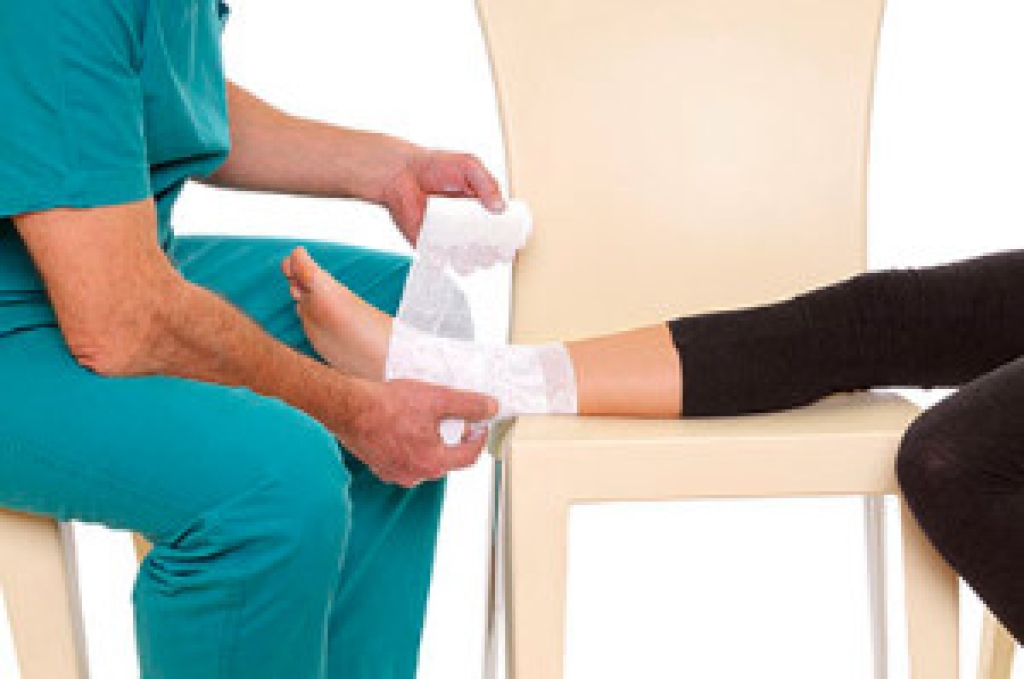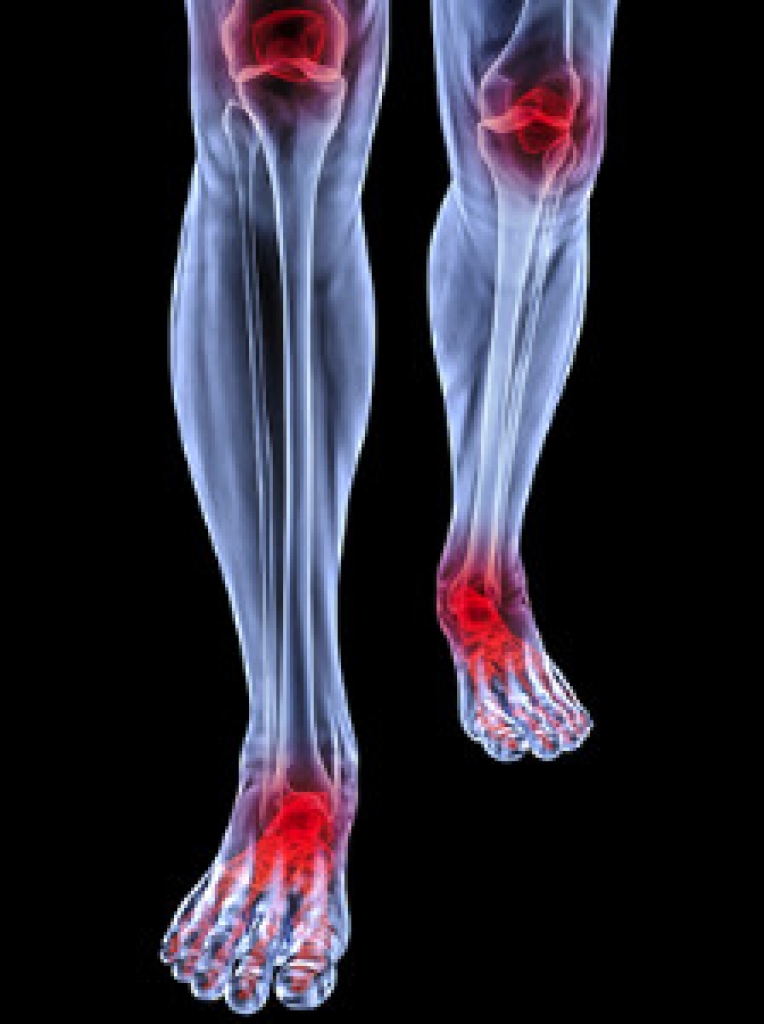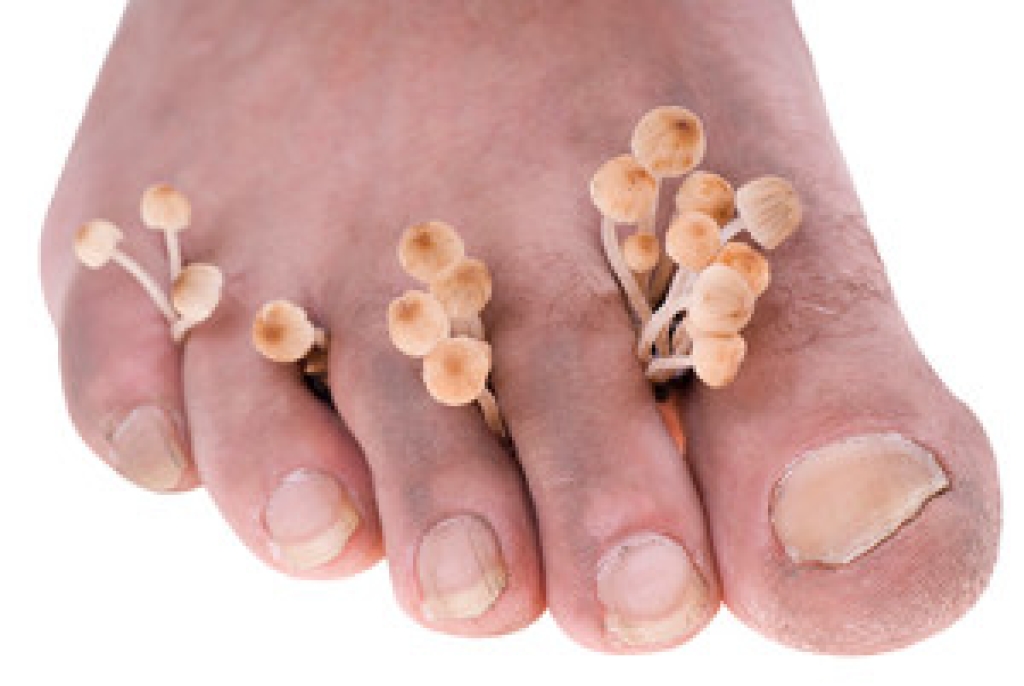Diabetic patients who have poor circulation and nerve damage are most prone to foot problems, especially in cold weather conditions. Moisture from cold weather can collect in your shoes and socks, soaking your feet, leading to the propagation of bacteria and possibly an infection. Diabetic patients should remember to change their socks often when going out in cold weather, and to moisturize their dry feet. Avoid using warming aids on your feet, as this can be dangerous for patients who have numbness due to peripheral neuropathy. Properly-fitting shoes, combined with sufficient soles and moisture-wicking socks, are necessary to ensure proper care for diabetic patients.
Diabetic foot care is important in preventing foot ailments such as ulcers. If you are suffering from diabetes or have any other concerns about your feet, contact one of our podiatrists from APEX Foot & Ankle Center. Our doctors can provide the care you need to keep you pain-free and on your feet.
Diabetic Foot Care
Diabetes affects millions of people every year. The condition can damage blood vessels in many parts of the body, especially the feet. Because of this, taking care of your feet is essential if you have diabetes, and having a podiatrist help monitor your foot health is highly recommended.
The Importance of Caring for Your Feet
- Routinely inspect your feet for bruises or sores.
- Wear socks that fit your feet comfortably.
- Wear comfortable shoes that provide adequate support.
Patients with diabetes should have their doctor monitor their blood levels, as blood sugar levels play such a huge role in diabetic care. Monitoring these levels on a regular basis is highly advised.
It is always best to inform your healthcare professional of any concerns you may have regarding your feet, especially for diabetic patients. Early treatment and routine foot examinations are keys to maintaining proper health, especially because severe complications can arise if proper treatment is not applied.
If you have any questions, please feel free to contact our offices located in Fort Myers, Shellpoint, and Naples, FL . We offer the newest diagnostic and treatment technologies for all your foot care needs.




